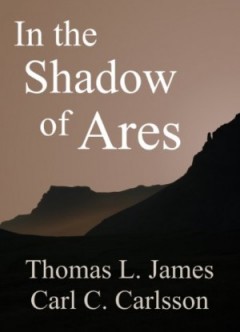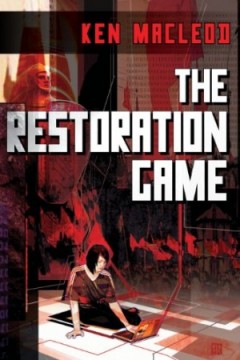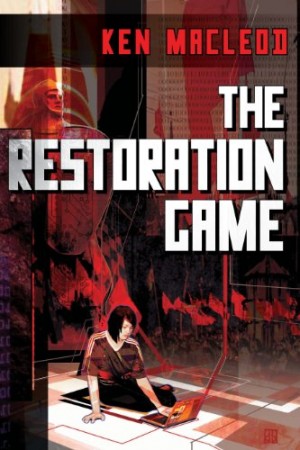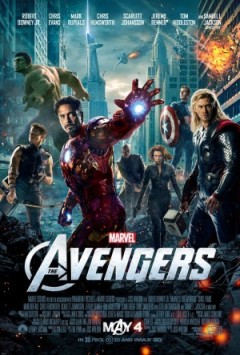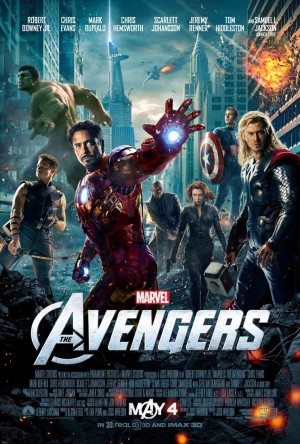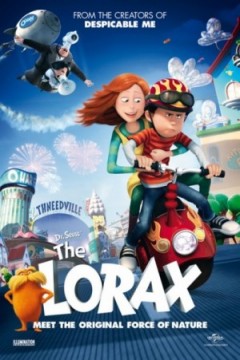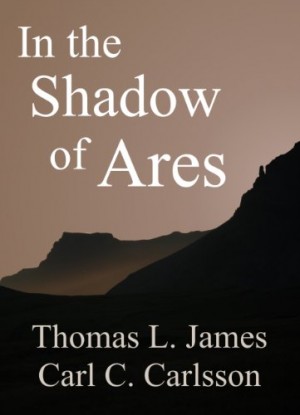
In the Shadow of Ares is a tale with a marvelous setting and a great central idea that, as it unfolds, wraps the reader up and will not let go. It is also a minarchist libertarian tale, in that the dangerous, punitive, and stupid aspects of government are laid bare while the readers are urged to hold government in check to allow the market to better flourish. There is a lot here to like, but there are also a number of defects that mar the work, though nothing to such a degree and of such a nature as to make one pessimistic about better future prospects for the first-time authors. They have shown that they can design and fashion a stirring tale; let us hope that they polish the next one.
Amber Jacobsen is the First Kid on Mars, the first child born there to parents who were among the earliest colonists. It is thought that Mars is too dangerous for children, and Amber’s parents have been chided for deciding to remain and have a child there. Even in her teenage years, she remains the only child ever to be born on Mars.
Having homesteaded some land where they live in an airtight “hab,” sheltered from the lethal conditions on the Martian surface, Amber’s parents, Aaron and Lindsey, have earned the ire of the Mars Development Authority, a quasi-governmental organization that no one will stand up to and that wishes to extend its power and control over every colonist on the red planet. In addition to the effrontery of daring to live free, Aaron Jacobsen has also made enemies with one of the officials at the MDA. When the MDA secretly sabotage the Jacobsen residence, they are forced to find another place to live.
They make their way to The Green, a relatively large settlement that figures to be of central importance in the new Martian society as soon as their land claim vests. This the MDA does not want to see happen, because it means they will lose all authority over them, both the authority spelled out in The Charter — analogous to the US Constitution — and any authority that the MDA has helped itself to.
Amber finds herself unwanted because of her age, though she yearns to be taken seriously. While trying to prove herself to the people of The Green, she also becomes deeply invested in the mystery of the Ares III mission, which disappeared a couple decades before under perplexing circumstances. She starts to suspect that someone who knows more than she is trying to prevent her from making any headway in her search and is willing to take criminal measures if necessary.
